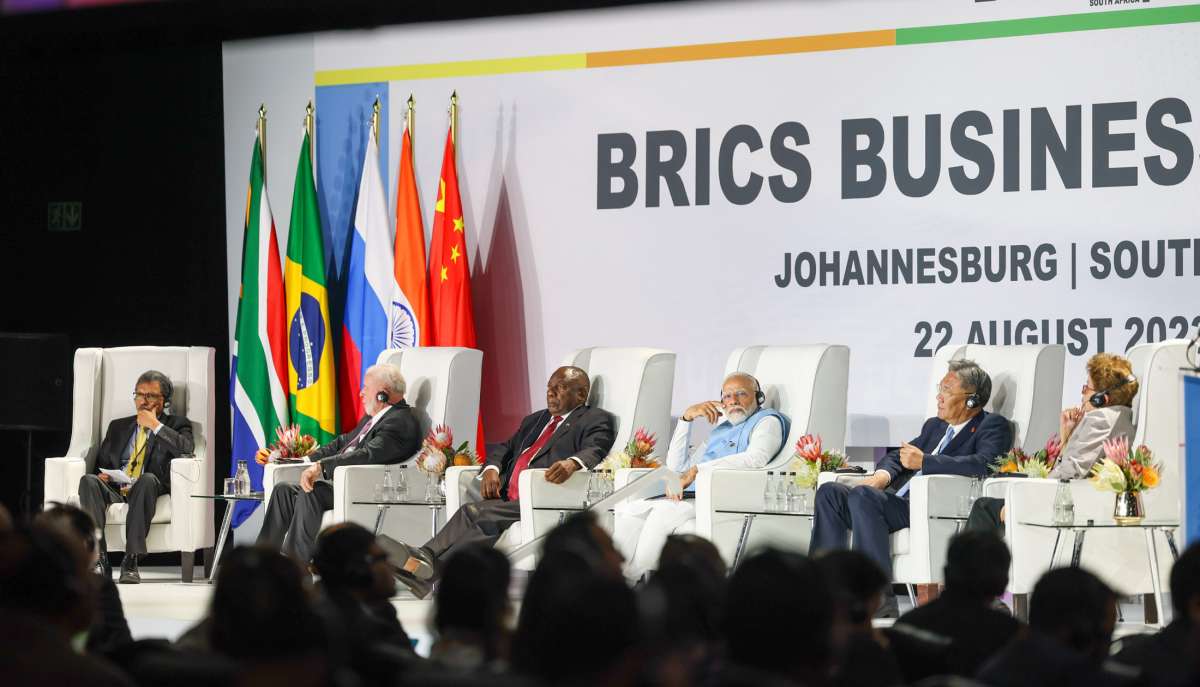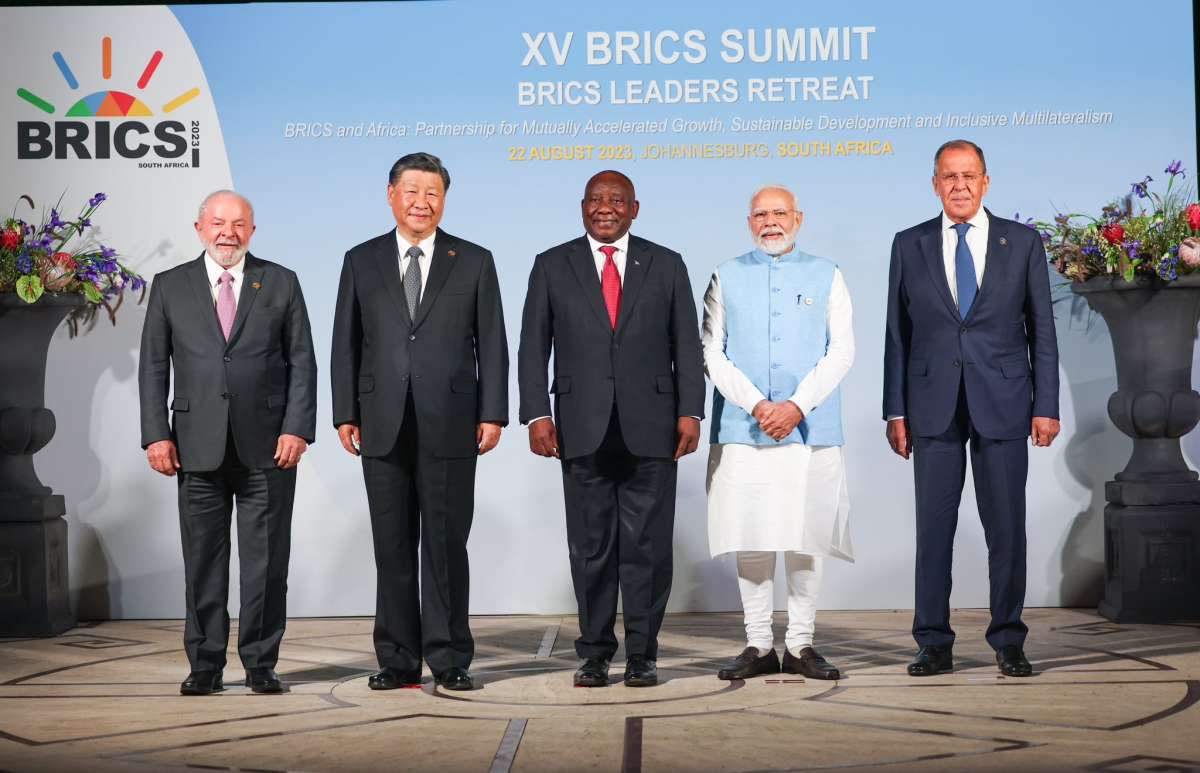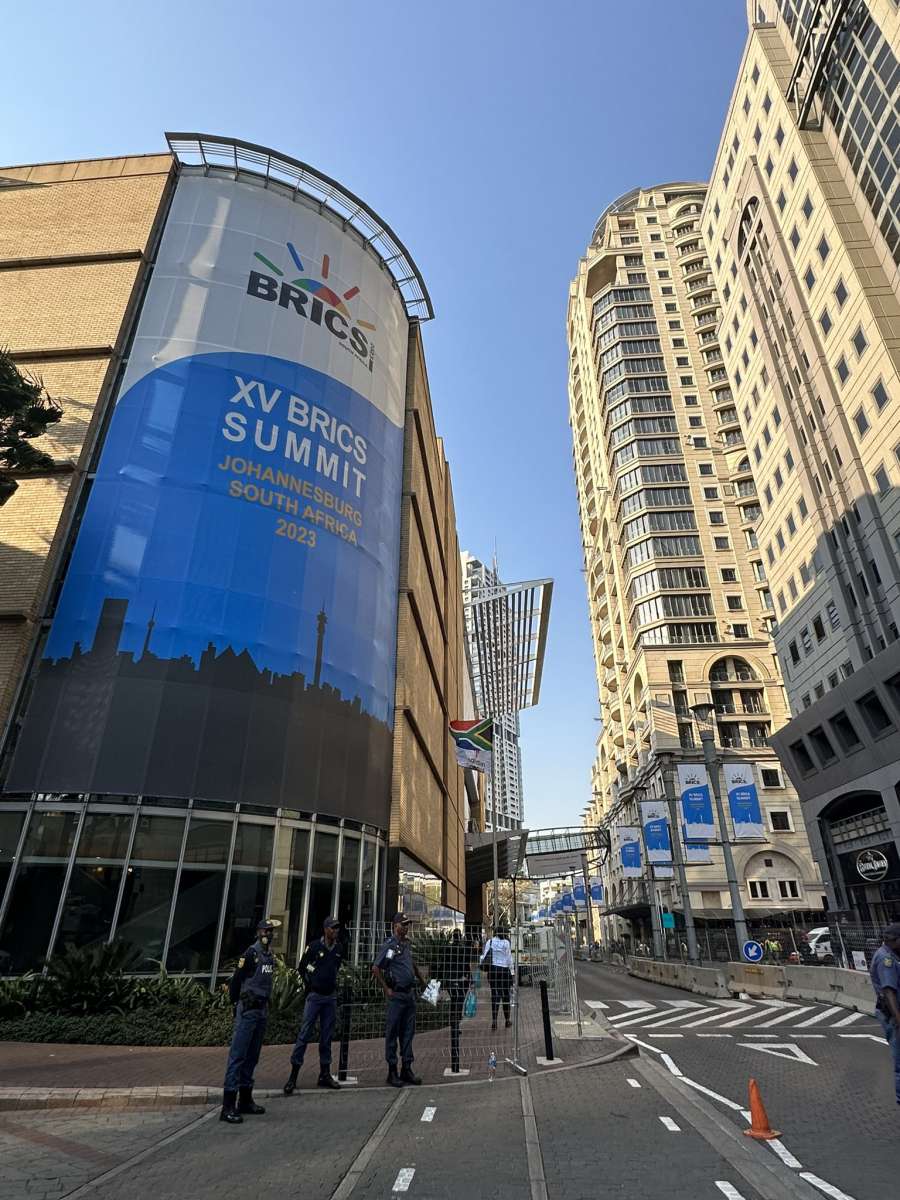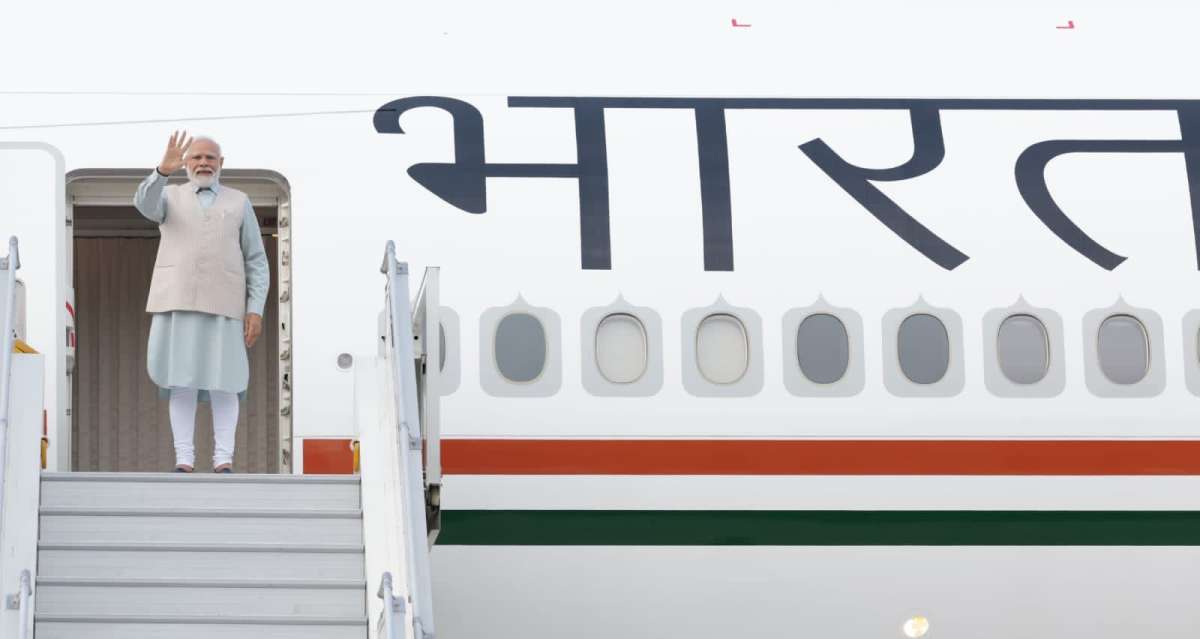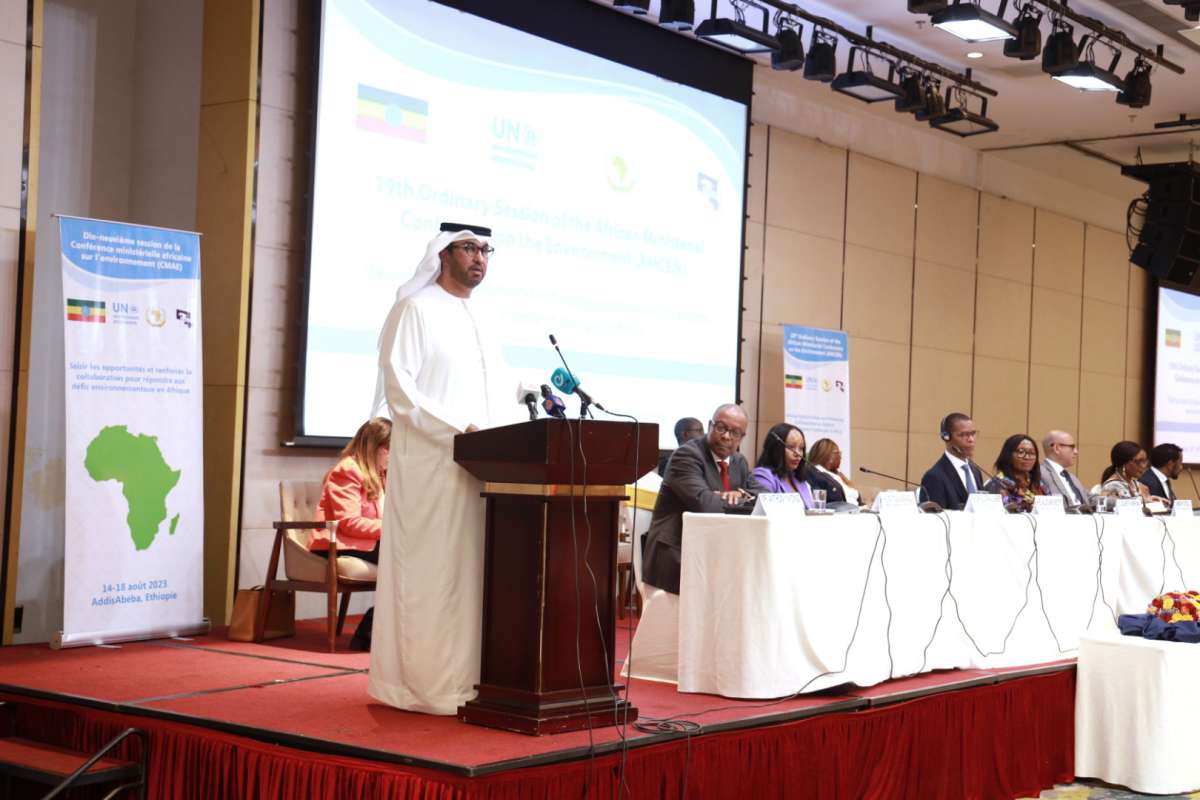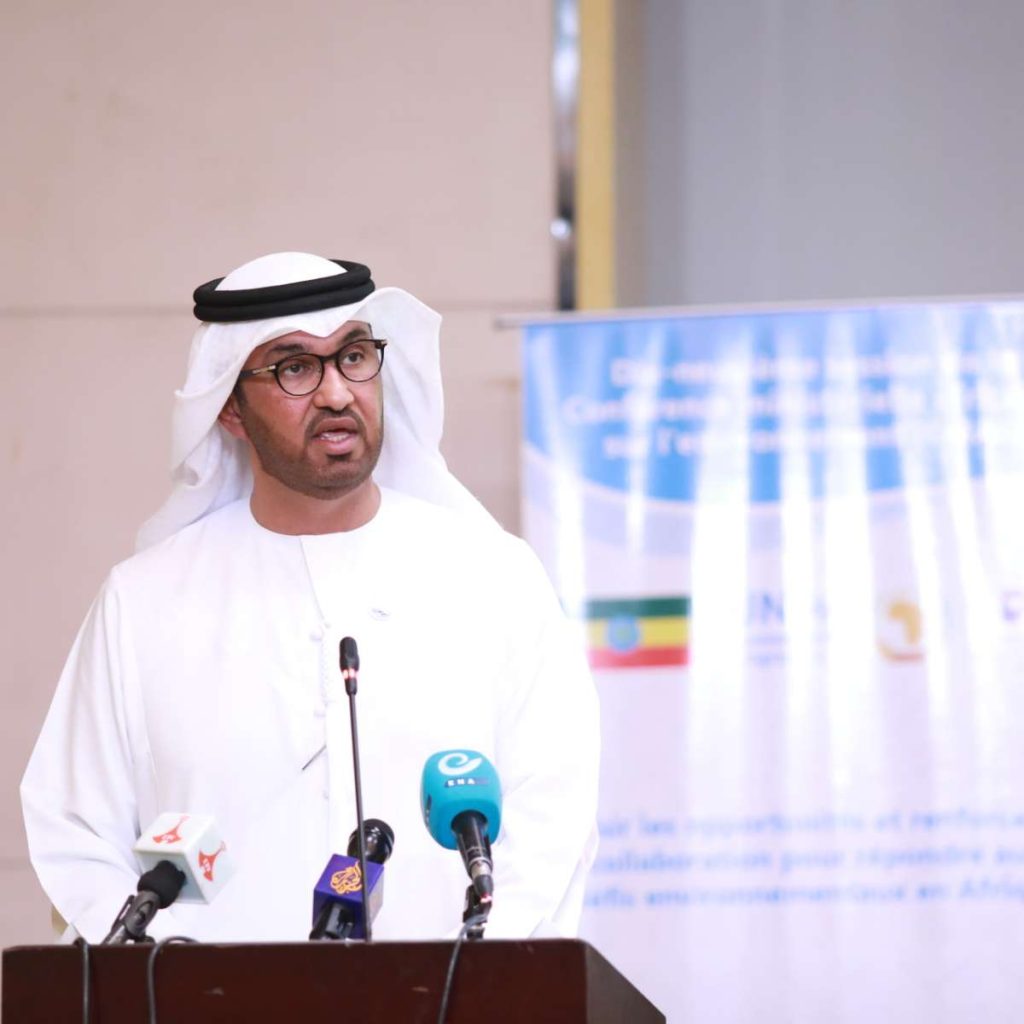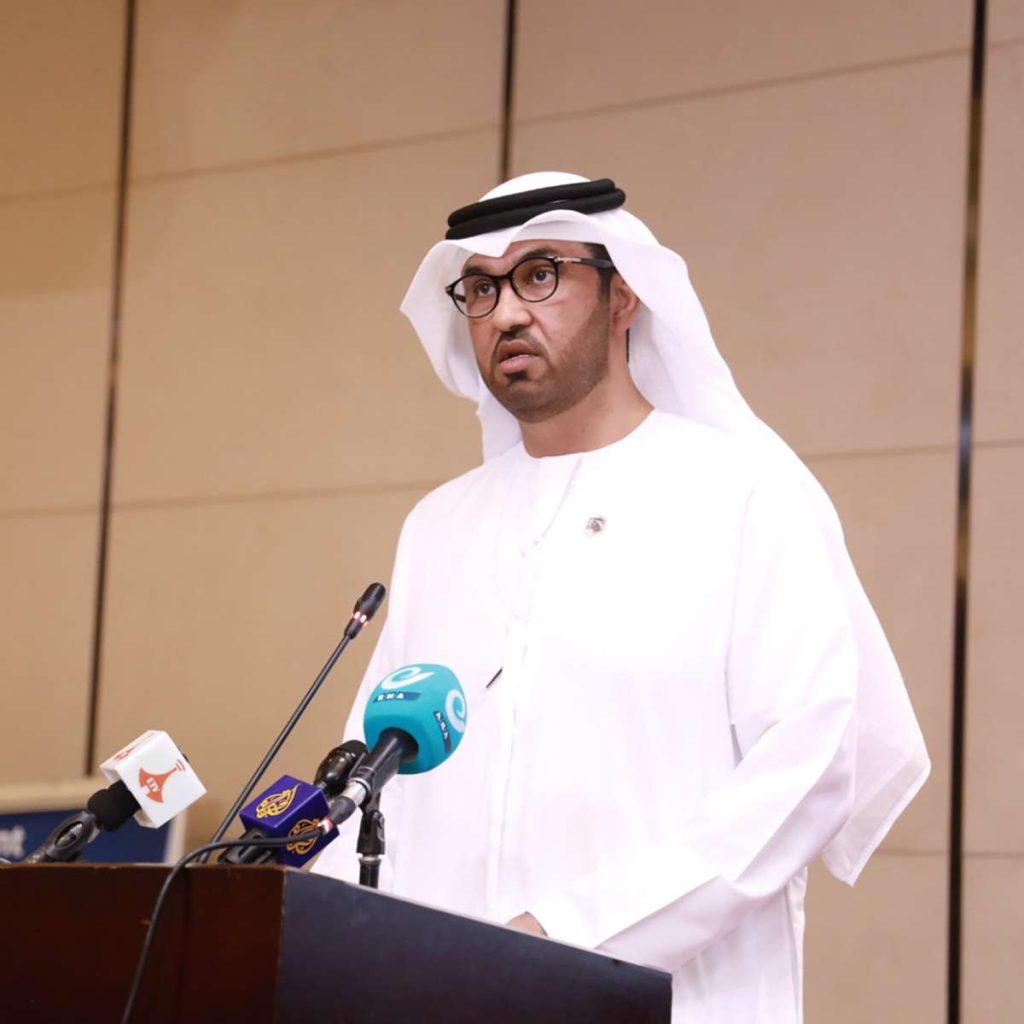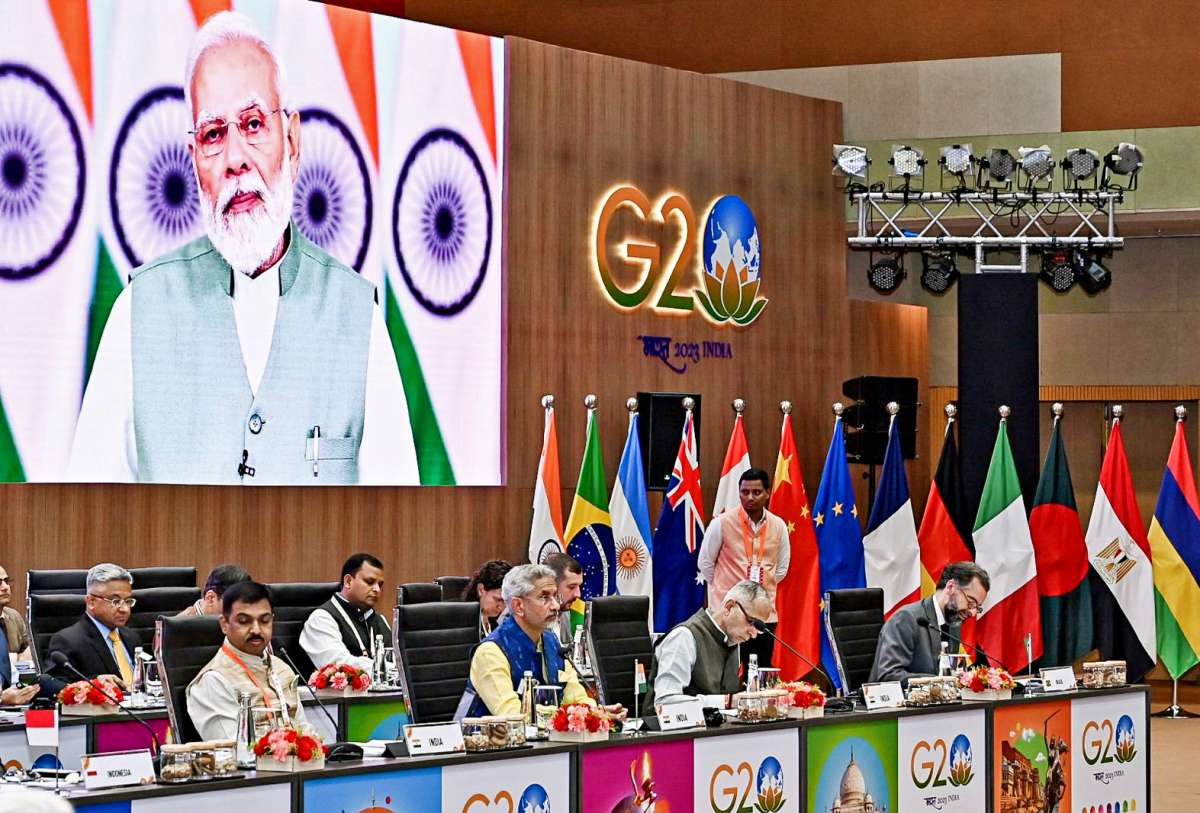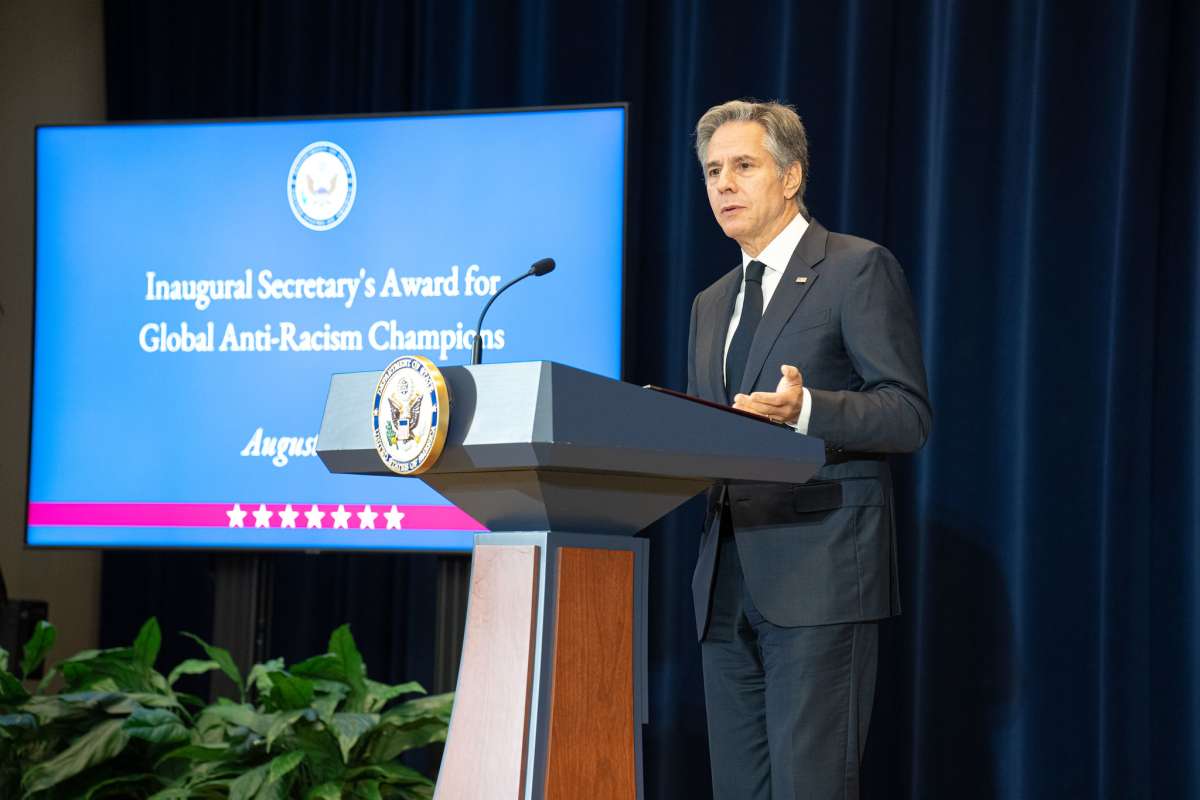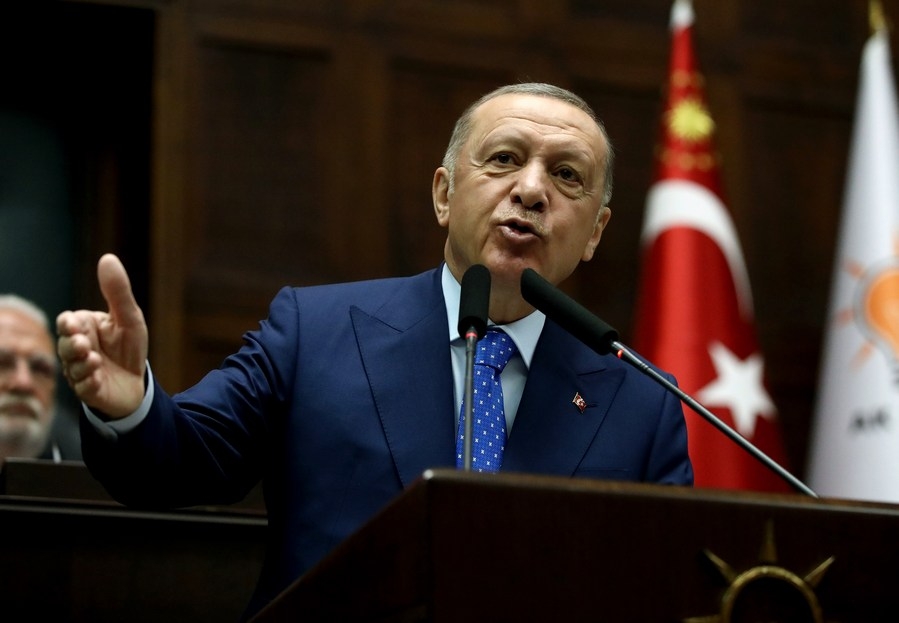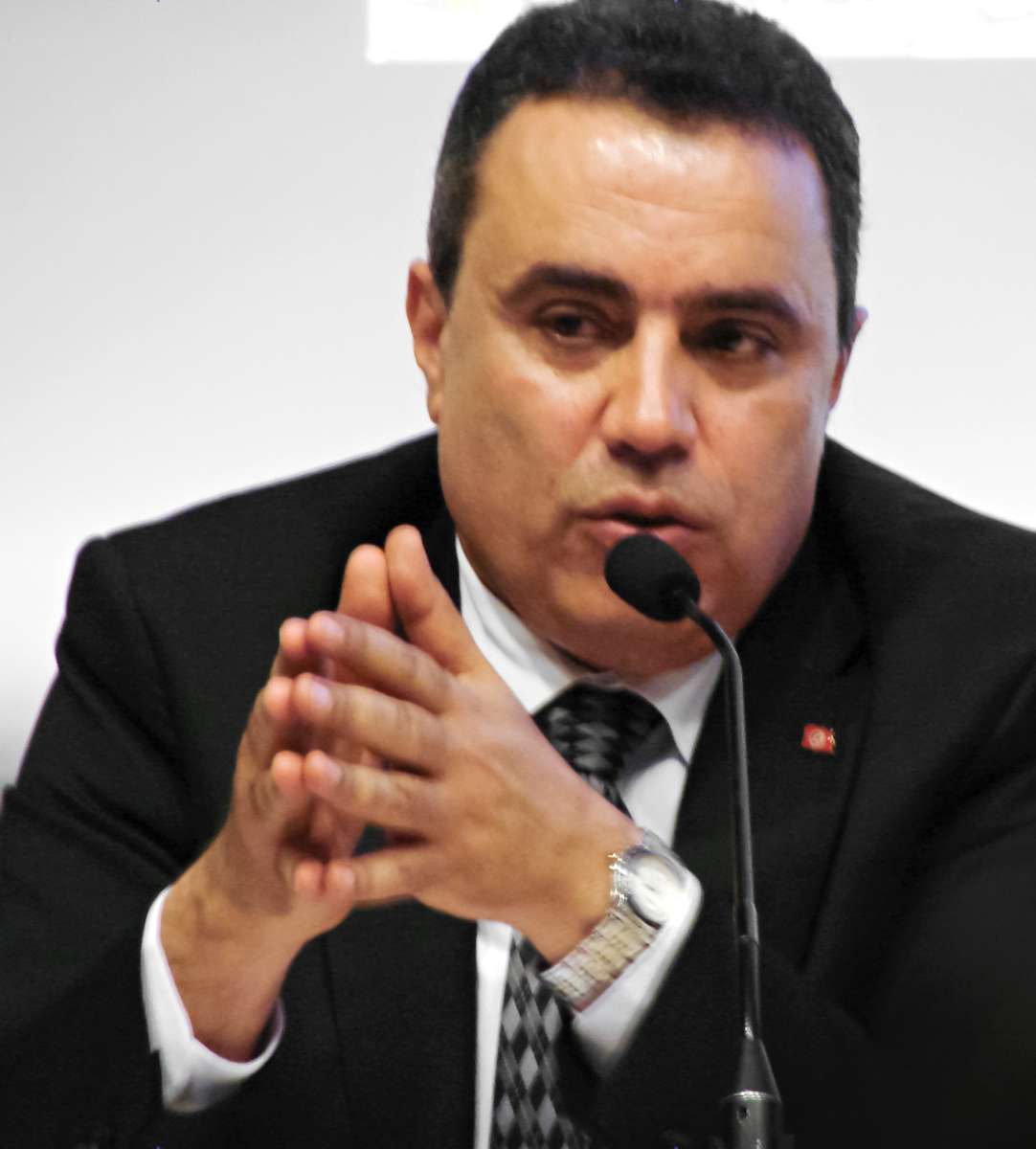The next wave of global growth will come from Africa, as the continent rises as a bigger player in emerging markets according to South Africa chapter of the BRICS Business Council….reports Asian Lite News
The next wave of global growth will emerge from Africa, as the continent rises as a bigger player in emerging markets. This is according to Busi Mabuza, who chairs the South Africa chapter of the BRICS Business Council.
Mabuza was speaking on Tuesday during a panel discussion on unlocking BRICS trade and investment opportunities. She told delegates that intra-BRICS trade has grown by an average annual rate of 7 percent in the past 10 years.
“These are very compelling numbers. However, the success of the BRICS formation, especially in the past 10 years is that we have now created a model for the world that moves away from the extractive approach in terms of economic engagement towards a collaborative approach where we can all benefit,” she said.
The BRICS grouping of major emerging economies – Brazil, India, China, South Africa and Russia (BRICS), is holding its summit in Johannesburg from 22-24 August 2023 under the Chairship of South Africa.
In addition, she said the continent still boasts abundant resources, including human capital, especially the youth, mineral resources and others. “The next wave of global growth will come from this continent,” she stressed as quoted by the SA Government News Agency.
“It is important that we are sitting here today inviting our BRICS partners because we see that they accept and understand the multilateral approach where there’s mutual respect and all working for a win-win outcome.”
Mabuza has called on the bloc partners to participate in the industrialisation of the African continent. “This is because this is where the world needs to see the next wave of global growth.”
She also stressed the importance of Africa-intra trade and tangible cooperation and coordination.
“We need to focus on the infrastructure. We need to trade with ourselves in the continent and get services from each other,” she said, adding that people-to-people interaction was also crucial.
The chair also touched on policies such as visa agreements, which has the potential to unlock more opportunities.
The BRICS Business Council is a platform that promotes and strengthens business, trade and investment ties among the business communities of the five countries.
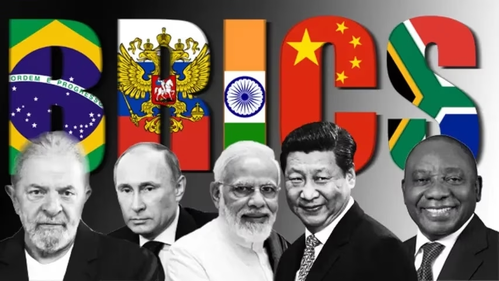
Contribute to Africa’s growth story
South African President Cyril Ramaphosa has said that as the country has an urbanized population and can provide a stable workforce in future, BRICS countries have an opportunity to contribute to and participate in Africa’s growth story.
Speaking at the BRICS Business Forum Leaders’ Dialogue in Johannesburg, Ramaphosa said, “Africa has a young digitally connecting and urbanizing population. A population that provides a stable workforce for companies in future. The investment in skills… continues to grow.”
“These factors all position Africa as the frontier of productivity and growth…And, BRICS countries have an opportunity to contribute to and participate in Africa’s growth story,” he said, as per a speech broadcast on South African Broadcasting Corporation (SABC).
“This can be achieved through greater cooperation and areas such as agriculture, the digital economy. South Africa is in an important position to grow the African market,” the South African President added.
He said that South Africa’s industrial strength and large market opportunities provide compelling opportunities for companies wanting to establish businesses here.
“..We require a fundamental reform of the global financial institutions so that they can be more agile and responsive to the challenges facing developing economies…,” Ramaphosa said at BRICS Business Forum in Johannesburg, in a speech broadcast on SABC.
“Growth in African economies would be driven by small and medium enterprises. This requires focused and effective support for these businesses. It is important that specific financing is directed also to women-owned businesses so that they can harness the benefits of their continental free trade area,” he said.
As the South African President went on to speak further at the forum, he also highlighted how the country is focussing on the empowerment of women.
“We in Africa as we seek to grow and develop, are focusing on the empowerment of the women of our continent who have been held back through years of colonialism, and in our case through the years of apartheid through protocols and laws. We need to free the women of our continent so that they can trade, be in business and to grow the economies of our various countries,” Ramaphosa added.

